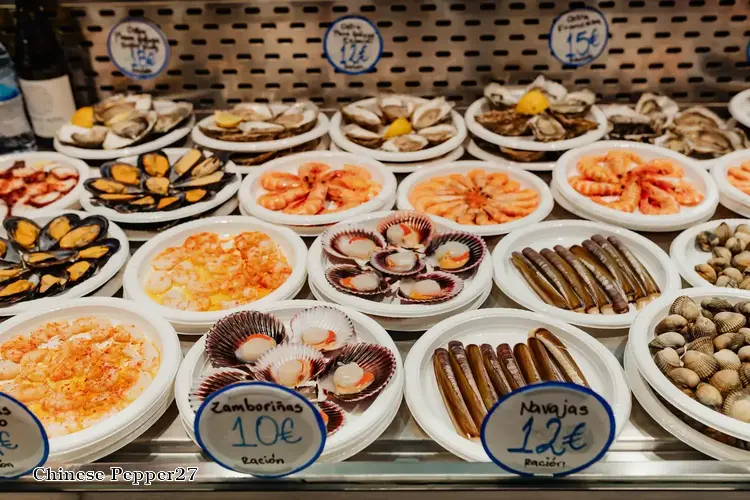

Overview:
Chinese pepper, also known as Sichuan pepper or Szechuan pepper, is a unique spice native to China. It is not related to black pepper or chili peppers, but rather belongs to the genus Zanthoxylum. Chinese peppercorns are the dried, aromatic seed pods of the prickly ash tree.
Characteristics:
Culinary Uses:
Chinese pepper is a staple ingredient in many Chinese cuisines, particularly in Sichuan and Chongqing. It is used in:
Health Benefits:
In traditional Chinese medicine, Chinese pepper is believed to have various health benefits, including:
Precautions:
Storage:
Chinese peppercorns should be stored in an airtight container in a cool, dry place. They can be stored for up to 6 months.
DISCLAIMER: This information is provided for general informational purposes only, and publication does not constitute an endorsement. Kwick365 does not warrant the accuracy or completeness of any information, text, graphics, links, or other items contained within this content. Kwick365 does not guarantee you will achieve any specific results if you follow any advice herein. It may be advisable for you to consult with a professional such as a lawyer, accountant, or business advisor for advice specific to your situation.
today
Copyright © 2026 KwickEAT.com
Designed by KwickPOS is the best restaurant POS